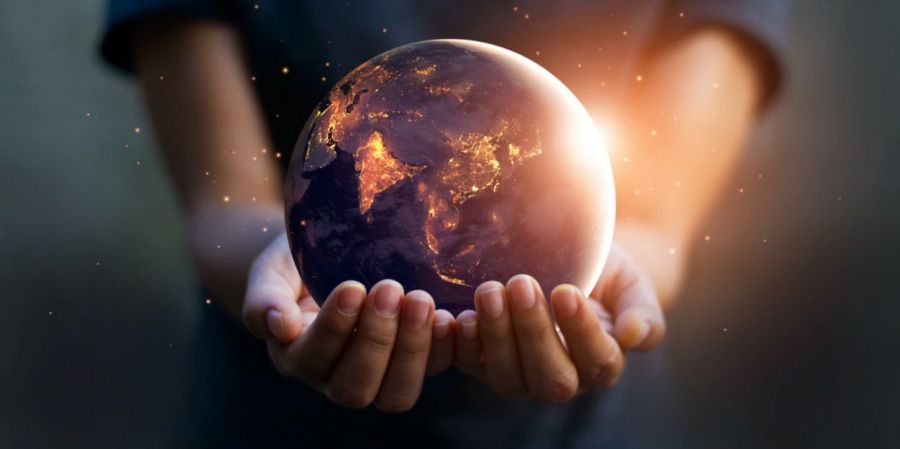

This topic is related to climate change and global warming and how the different countries are managing it.
Climate change is both a natural process and human induced. After the industrial revolution climate change has been affected a lot by human activities which is leading to global warming.
Global warming is caused due to the greenhouse effect which i'm pretty sure everyone is aware about. Although the greenhouse effect is a natural process and life on earth has been possible because of this natural phenomenon. Average global temperature is maintained at about 15 degree celsius and without this process global temp. might have been around -17 degree and at such low temp. life would not have been possible.
Global warming is actually caused by greenhouse gases and scientists believe that if these gases are not checked then by the next century global temp. may rise to 5 degree ( currently it is 1.16 degree) which seems very less but can have disastrous effects on earth.
Human induced climate change can lead to extreme climatic events like heat waves, floods, droughts, vanishing of animals, loss of biodiversity, affects on crops etc.
There have been lots and lots of international conferences and conventions have taken place since the 1970s till date on how to curb global warming.
As you all know and is pretty much clear that countries who are more responsible for global warming are the developed countries like USA, UK, France, Germany, Russia etc. then these should be the first ones to contribute on curbing global warming but this is not happening.
Do you guys know about the very famous Kyoto Protocol which is an international treaty signed by many countries in 1997, it focused on fighting global warming. Many developed countries signed it but never worked for it like USA, Canada but developing countries like India not only signed it but is also working for it.
Whatever goals have been decided in these conferences are different for developed and developing countries. For developed countries goals are very strict and developing countries have been given relaxations which is sensible as countries like India, China etc are in their developing phase, they have the right to focus more on strenthening their economy and countries like USA, UK, France etc are already developed, ethically they should focus and contribute more on curbing global warming but in reality what developed countries want is that developing nations should also strictly follow these goals which is unethical because developing nations are poor and they cannot afford to stop industrial developments in their nation.
That is why the title is common but differentiated respnosibilities which shows although the goal is same for each country but the responsibility to achieve it is different.
There are many countries that working on these goals, now countries rather than depending on fossil fuels for energy are shifting towards renewable energy sources like sun, wind, rain, tides, geothermal heat, use of electric vehilces etc. these don't have any negative effect on the climate. It will take time to completely shift from fossil fuels to renewable resources but i believe with the increase in the advancement in technology nations will be able to achieve this.
THANK YOU.


